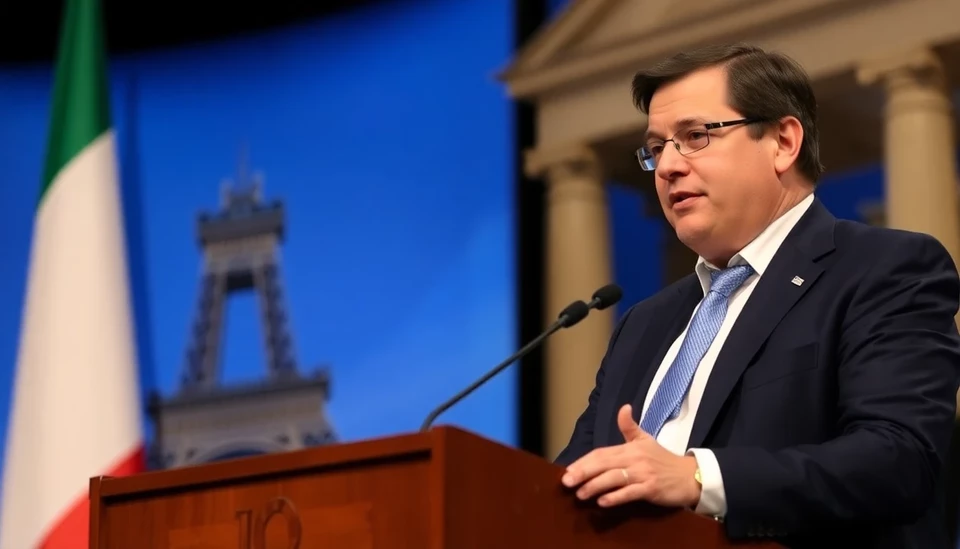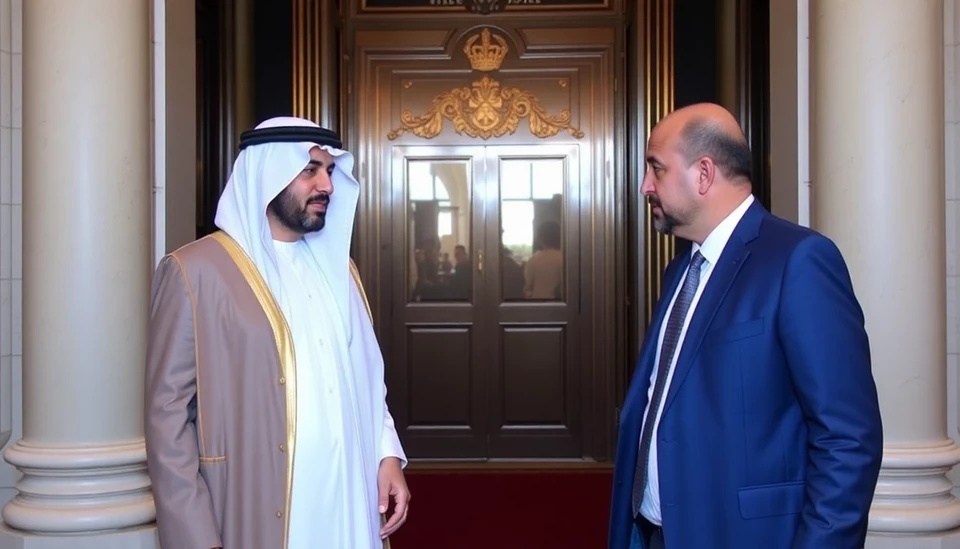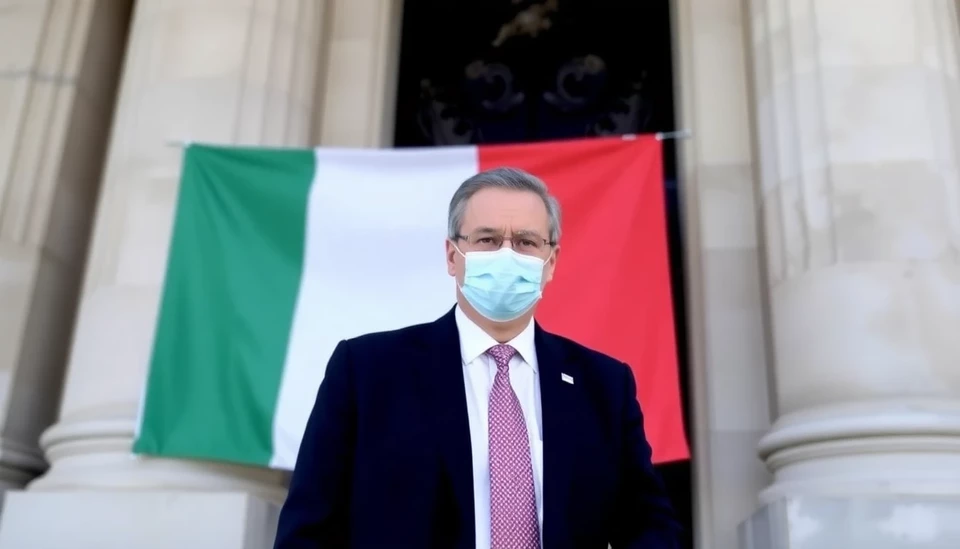
In a groundbreaking development for Italy's automotive sector, Prime Minister Giorgia Meloni has successfully negotiated a ceasefire in the ongoing dispute between Stellantis and its CEO, Carlos Tavares, and John Elkann, chairman of the company. This resolution comes at a crucial time as the country grapples with the potential loss of thousands of jobs in the automotive industry.
Stellantis, formed from the merger of Fiat Chrysler and PSA Group, has been at the center of a heated debate surrounding job security and investment in Italian plants. The tensions escalated following concerns over Stellantis’s plans, which could lead to substantial job cuts amid a shifting global auto market increasingly focused on electric vehicles. Industry experts had warned that Italy's historic automobile industry was at risk, threatening not only jobs but the very fabric of the local economy.
In a decisive move, Meloni facilitated discussions that culminated in a renewed commitment from Stellantis to ramp up investments in Italy. The company has pledged to expand its production capacity, especially in electric vehicle segments, which is vital for sustainability and aligns with EU regulations. This agreement is seen as a mutual win, with Stellantis securing a more stable labor environment and the Italian government reaffirming its support for the automobile sector.
The negotiations were characterized by Meloni's insistence on the importance of preserving Italian jobs while also recognizing the need for modernization within the automotive industry. Following an intense series of meetings, stakeholders agreed to a collaborative approach that emphasizes innovation and job preservation. Elkann expressed his gratitude towards the government for understanding the complexities of the automotive market and its necessity for adaptation.
This partnership marks a significant turning point in Italy’s strategy to safeguard its automotive future as the world pivots towards electric mobility. The deal is expected to generate high-tech manufacturing roles that not only replace jobs at risk but also create new opportunities in cutting-edge sectors within the automotive universe.
As the automotive landscape continues to evolve, analysts suggest that successful collaboration between government and industry will be imperative for Italy to maintain its position as a key player in the global automobile market. This recent development serves as a reminder of the importance of adaptability and cooperation in a rapidly changing economic environment.
Moving forward, the focus will be on how Stellantis implements its expansion plans and how effectively the company can balance the transition to electric vehicles while maintaining employment levels in its Italian operations. Stakeholders are optimistic that this new direction will not only safeguard existing jobs but also usher in a new era of growth for Italy's automotive industry.
Overall, the resolution of this dispute stands as a testament to the potential of collaboration in overcoming multifaceted challenges facing industries today. The collective focus on innovation and job sustainability is a beacon of hope for Italy's automotive future.
As the deal solidifies, many will be watching closely to see how it plays out in the coming months, especially in terms of execution and the measurable impact on the workforce and production capabilities of Stellantis in Italy.
#Meloni #Stellantis #Elkann #ItalyAutoIndustry #JobSecurity #ElectricVehicles #AutomotiveInvestment #IndustryCollaboration #Innovation
Author: Samuel Brooks




